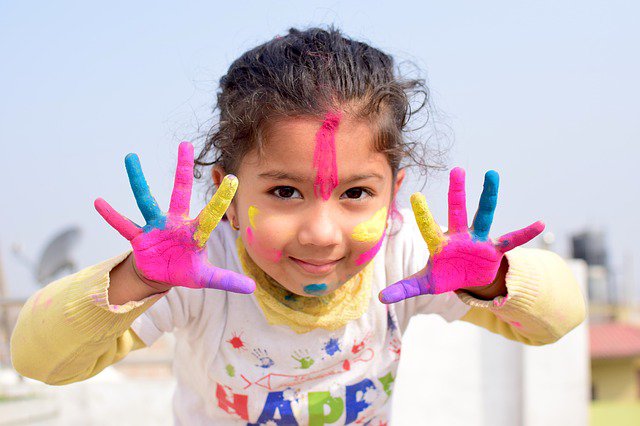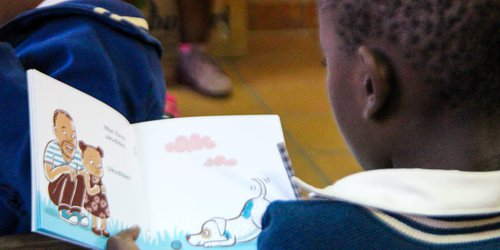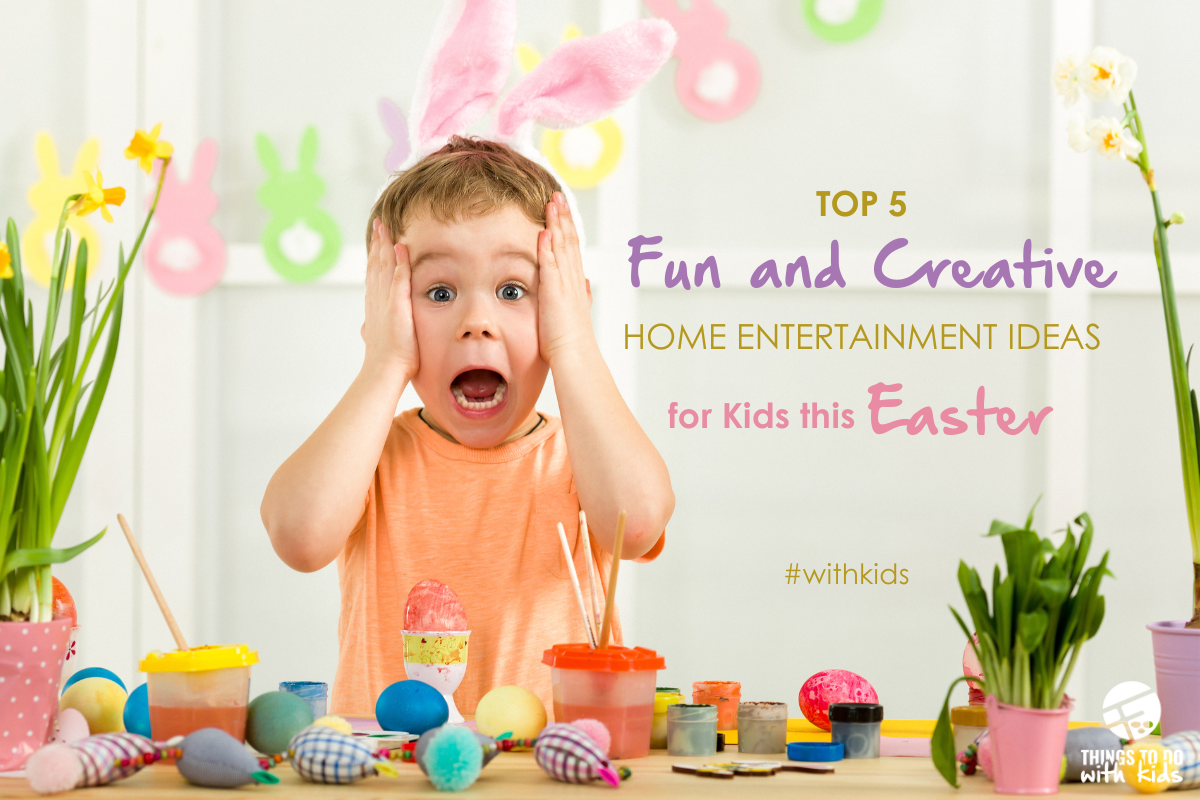How To Play With Your Child
How To Play With Your Child
by Renée Jansen van Vuuren
The article originally appeared in the Things To Do With Kids Magazine, the Value of Playing with your child. The magazine contains of interesting and useful information, competitions, coupons and lots more.
Have you spent time playing with your child today?
Did you know that, according to Plato, you can discover more about a person in an hour of play than in a year of conversation?
Play is one of the most important needs of a child. It has been called the language of young children; their "work". Children do not necessarily say: “I have a problem, I need to talk.” They say: “Come play with me!” Play is recognised by the United Nations High Commission for Human Rights as a right of every child. Sadly, children do not play enough these days. Our lives are increasingly hurried and stressed. During counselling I sometimes literally need to teach children how to play.
Children do most of their learning through play. Play is critical for physical, mental and social health. It is how children learn: about themselves, the world around them, and how they fit into it.
Why is playing with your children important?
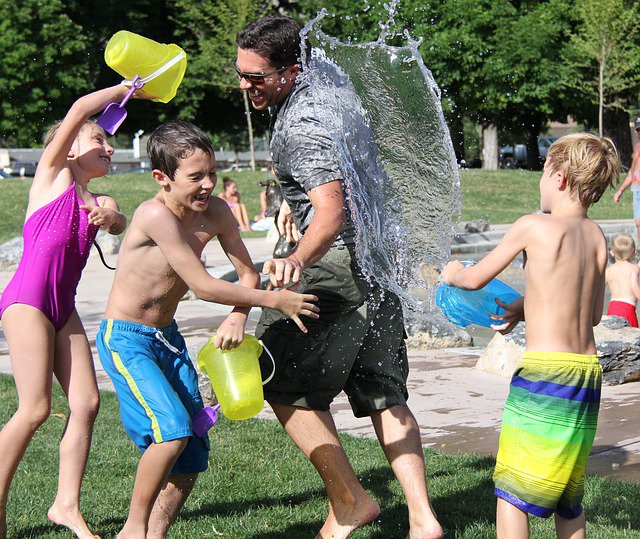
You might ask, but they play at school; why should they play with me? Young children enjoy playing with their friends, but still need their parents. Family relationships are the biggest influence on a child’s development during early school years. Good family relationships help your child learn and grow, manage other relationships, and establish effective communication. A toy company in Australia recently asked a group of 5-year olds what they would like for Christmas, and a large number wanted more time with their parents! (Women’s and Children’s Health Network, 2017.) Playing with your child makes them feel special, loved and appreciated. It makes them feel important. Playing opens a door for the sharing of problems and concerns. It helps managing emotions and developing coping mechanisms. Most importantly, parents get to know the uniqueness of their child through play while sharing thoughts and feelings.
What are the developmental benefits of playing and play therapy?
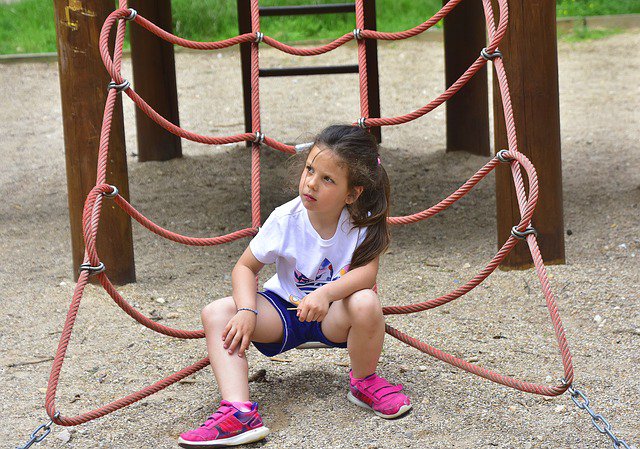
- Cognitive skills: Playing can help a child to practise judgement, memory and concentration. Play teaches problem solving and develops imagination, important skills for both the present and the future, as teens and adults.
- Physical skills: Play assists in developing strength, balance and coordination, together with fine and gross motor skills.
- Social skills: Communication, caring for others, taking turns, winning and losing are all skills developed through interactive play. It helps to resolve conflict, helps connection and teaches new vocabulary.
- Emotional intelligence: Play increases self-esteem and gives a sense of accomplishment and control, and even lowers stress (for parents too!). It helps to conquer fears: sometimes acting out stories can reflect issues children do not understand. Play helps children discover their own interests.
How do I play with my child?
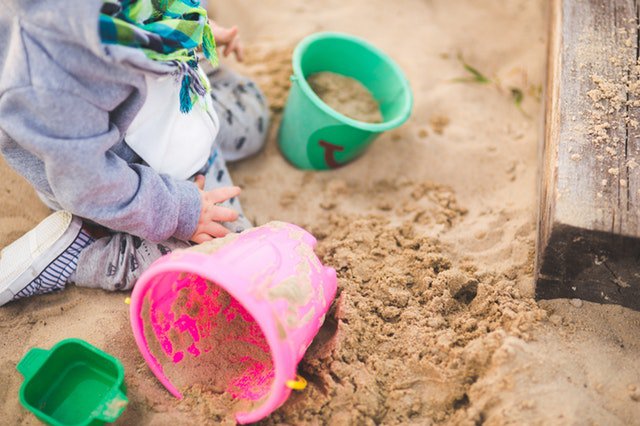
Allow your child to lead – this gives a sense of control which will empower them. Let go of your own agenda and ask questions, talk about what they are doing. Become a part of their world and explore with them. Be silly together. Listen, but don’t tell them what to do. Have fun and laugh together. Praise and encourage them. Make sure they are safe and allow for mistakes. Try to understand them.
The benefits of play are clear. Naturally you’d want to know how and where to do this. Remember that a few toys that can be rotated are of more value than a large number of toys. Unstructured, free play is the best type of play for young children. This is play that just happens, using imagination and at a child’s own pace. This can be difficult for working parents during the week. Evaluate your after-hour routine, then decide on a set time to put everything down, physically and mentally, and focus on your child.
- Active outdoor ideas: Pick an activity – the options are endless. Throw balls and frisbees. Swing, make mud pies. Jump on a trampoline, slide, or climb the jungle gym. Take a nature walk and discuss what you see, hear and feel. Garden together, plant vegetables.
- Play indoor games: Board and card games. Hide and seek. Build puzzles.
- Kitchen play: This can also be done as part of your daily routine. Bake cookies, prepare a meal together. Have a meal in the form of a picnic inside or outside. Play with pots, pans and spoons. Set up a table together. Decorate placemats and make name cards for dinner.
- Do crafts together: You can cut out pictures and make a collage. Draw, make cards together, paint, make play dough, build blocks.
- Stories and music: This is a practical idea for morning or bedtime routines. Read and discuss books, make up stories, listen to music as you get dressed, sing and dance together. Have a concert. Make your own instruments, make music together.
- Dressing up: Playing someone powerful can help children cope with feeling powerless or unimportant. Make up interesting outfits together and discuss how it would be and feel to look like that.
- Play with toy animals, people and cars: Have car races inside and outside. Discuss favourite animals, make up stories with them, no matter how hilarious they seem.
Practical applications of play and play therapy
Your child may come home with high frustration or aggression levels. This is where play can assist with the emotional and thought life of a child.
We can accept emotions like aggression, but not aggressive behaviour. As parents, you need to have clear boundaries about this. To help your child with expression of emotion, you may play games where aggression can be played out physically. Do sports together, play roughly with play dough, tear up old newspapers or play ball. Then do relaxing activities afterwards to cool off. Laugh together.
Even though these ideas are not necessarily "fixes", they will help with expression, connection and bonding.
Daily playing with your child, is what makes the difference
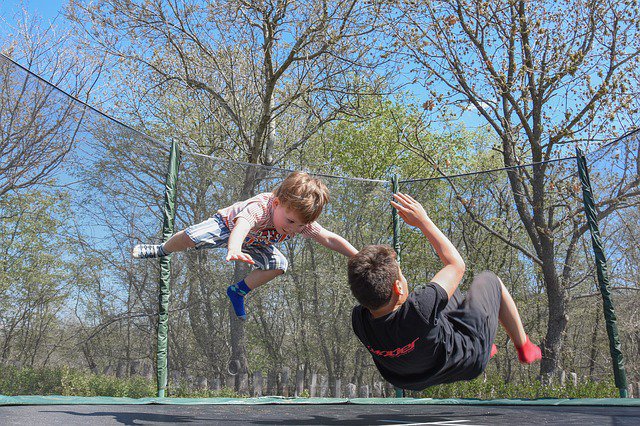
It is important to make time in your day for playing with your child. Even a short period of quality time, 10 or 15 minutes with each child, trumps longer play time with distractions. This can make a huge difference in their total make-up as well as your relationship. It shows your child that you care and want to spend time with them. Play time can sometimes be combined with everyday routines. Make up rhymes and songs while making beds, preparing dinner, getting dressed or having a bath. Read bedtime stories and sing together. The most important outcome is communication between you and your child, which will be enhanced by playing together. Play offers opportunities to discuss emotions, likes and dislikes your child might experience. Remember: children are young only once, and there will always be other times to work or clean. Or, clean up together and make a fun activity of it! If you need help to implement play or your child is going through a stressful time, consider seeing a play therapist near you.
Children don’t need more things. The best toy a child can have is a parent who gets down on the floor and play with them.

Renée Jansen van Vuuren is an Educational Counsellor specialising in Play Therapy. She practises play therapy and learning support at her private practice in Strand, and counsels in schools all over the Helderberg area. Renée is passionate about children and has worked with youngsters of all ages for over 15 years. She has two busy toddlers and loves all things creative.
